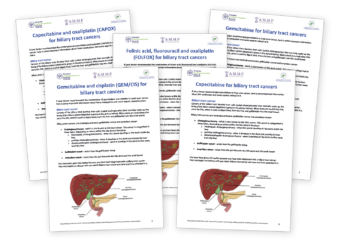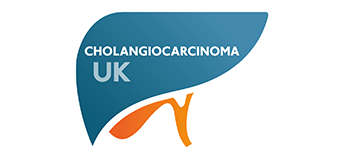Treatment options
Cholangiocarcinoma is serious illness and is relatively rare. It is essential that patients are cared for by knowledgeable specialists so that they are properly assessed and offered the right treatment and management for their particular situation.
For information on requesting a referral for a further opinion to ensure a diagnosis is correct, and for reassurance that the treatments suggested are the best options available, click here
Molecular Profiling, Targeted Therapies and Immunotherapy
No two tumours are exactly the same. The genetic characteristics of a cancer will vary from one patient to the next, which means that even patients with the same type of cancer may respond differently to the same treatment.
Current scientific advances mean that cancer treatments are moving towards those more specifically targeting the tumour ‘drivers’, and ways to inhibit these drivers. Progress is beginning to be made in the understanding of cholangiocarcinoma, with studies being carried out to find target agents, and also genomic or molecular profiling, in the search for better and more effective treatments.
For more information on Molecular Profiling and Targeted Therapies
For more detailed information, plus a short animated film “Cholangiocarcinoma and the importance of molecular testing” and a booklet, “ Molecular testing in cholangiocarcinoma”, click here
For information on therapy approvals by NICE, click here
Treatment Options
Treatment of cholangiocarcinoma will depend on the position and size of the cancer and whether it has spread beyond the bile duct, as well as on general health. Currently, the main options are:
Surgery
Surgery to completely remove the cancer is currently the only potentially curative treatment for cholangiocarcinoma. This involves a major operation and, often, because the disease is too far advanced, or the patient is already too poorly, surgery is not possible. The decision about whether an operation to remove the cancer can be done depends on the results of the diagnostic tests, and on the patient’s general health.
If surgery is possible, the patient must be referred to a surgeon who specialises in biliary tract cancer surgery. The type of operation that is done depends on the size of the cancer and whether it has begun to spread into nearby tissues.
- Removal of the bile ducts
- Partial liver resection
- Whipple procedure
- Surgery to relieve obstruction (blockage)
- Liver transplantation
- Stent Insertion
Stent Insertion
One of the frequent symptoms of cholangiocarcinoma is jaundice. This happens because the bile duct or ducts become blocked, preventing the normal flow of bile from the liver to the intestines. To allow the bile to flow again, a stent (usually a metal stent) will be inserted into the bile duct to hold it open. This will relieve the symptoms of jaundice, the patient’s general health will then improve and they are able to digest food again normally. (If chemotherapy has been recommended, it is essential this happens before it can begin.)
Biliary stents can get blocked. This may be caused by a build up of thick bile in the stent, or the cancer growing through the stent, preventing bile to flow freely. If this happens another stent may need to be put in to treat the blockage. A blocked stent may lead to a biliary tract infection (cholangitis), which can rapidly become serious and may lead to biliary sepsis.
Symptoms of a blocked stent/infection include:
- high temperature/fever
- jaundice
- chills, shivering
If these symptoms develop, it is important to contact the doctor or CNS (Clinical Nurse Specialist) as soon as possible for advice, as antibiotic treatment may be needed, and the stent may need to be replaced.
Read MoreChemotherapy, targeted therapy and immunotherapy

Patient Information – Chemotherapy, targeted therapy and immunotherapy
There are now a number of approved treatments for those with cholangiocarcinoma. For downloadable patient information on each of the treatments, giving an explanation of the treatment, how it is given, for how long, what side effects might occur and how to deal with them, simply click on the name.
- Gemcitabine, cisplatin and durvalumab (GEM/CIS/DURVA)
- Gemcitabine and Cisplatin (Gem/Cis)
- Capecitabine
- FOLFOX
- CAPOX (Capecitabine and oxaliplatin)
- Gemcitabine (given alone)
- Ivosidenib
- Pemigatinib
Many of these patient information sheets are available in other languages, including Spanish, Italian, Bulgarian, Romanian, German, Bengali, Gujarati and Hindi. To select the language you need, click here
Radiotherapy
- SBRT (Stereotactic Body Radiation Therapy)
- SIRT (Selective Internal Radiation Therapy)
Radiotherapy, which uses high energy x-rays to destroy cancer cells, is not routinely used to treat cholangiocarcinoma, although there may be occasions when it is used palliatively (to reduce symptoms).
Read MoreClinical trials
Clinical trials continue to investigate ways to better, more effective treatments. For more information on current trials, click here
Further information on diagnosis and treatment
For further information on the diagnosis and treatment of cholangiocarcinoma, including chemotherapies, see “Guidelines for Diagnosis and Treatment UK” and also, “International Guidelines”
Referral Information
For information on requesting a referral for a further opinion to ensure a diagnosis is correct, and for reassurance that the treatments suggested are the best options available, click here







